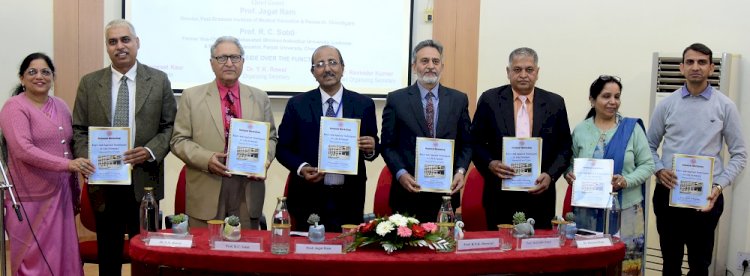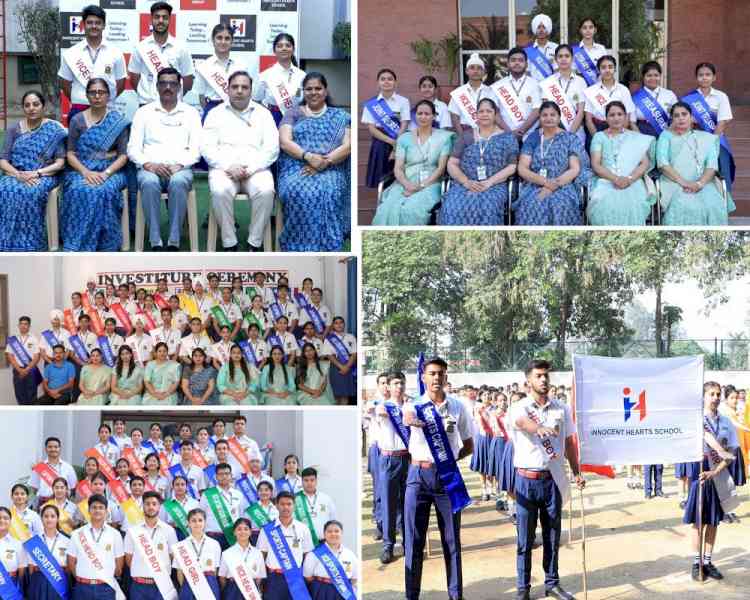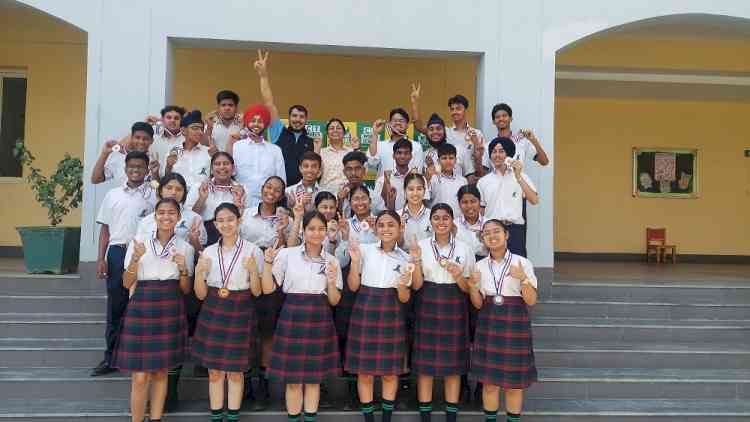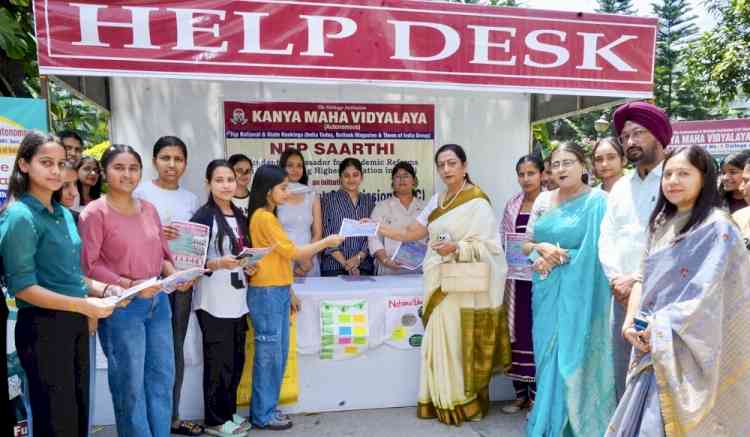7-Day national workshop on basic and applied techniques in life sciences
32 participants are participating

Chandigarh: A seven days’ National workshop on Basic and Applied Techniques in Life Sciences being organized by the Department of Zoology, Panjab University, Chandigarh kick started here today with inauguration by Prof. Jagat Ram, Director, PGIMER, Chandigarh. Prof. R.C. Sobti, former Vice Chancellor, BBAU, Lucknow and PU, Chandigarh presided over the function. Prof. Baljinder Singh, President of Indian Society for Nuclear Medicine also graced the occasion.
Prof. Jagat Ram emphasized the need of learning techniques to match the global standards. He mentioned it as basic necessity for the researchers to excel in their respective fields especially in this era of interdisciplinary approach.
Prof. Sobti enlightened the audience with the importance of biodiversity, its conservation and sustainable development by using innovative technologies and keen observations as the nature has answers to all our major concerns.
The eighth Prof. G.P. Sharma oration award was conferred to Prof. R.N.K. Bamezai (Padamshri 2012), former VC, Shri Mata Vaishno Devi University, Katra (J & K). Prof. G.P. Sharma was recalled as a person par excellence and a great teacher with exceptional scientific acumen.
Prof. Bamezai presented the oration lecture on “Genomic Background Metabolism and Disease”. He basically started his career as a cytogeneticist and was first to do establish prenatal diagnosis for rare chromosomal anomalies in India. He elaborated how genomic variations should be addressed to explore susceptibility for particular disease and to reach precision medicine and better drug targets. The highlight of the study was PKM2 as a metabolic tuner of cancer cells for its survival, progression and metastasis. The emphasis of his research was gene susceptibility and clinical heterogenity as allelic and locus type due to different macro and micro-environment exposure. Prof. Bamezai provided motivational and directional insights into the understanding of genome to metabolome is must for exploration of susceptibility of various diseases and designing better interventions.
Total of 32 participants across the North India from various Universities and Colleges are participating to gain valuable inputs for their research work.


 cityairnews
cityairnews 










